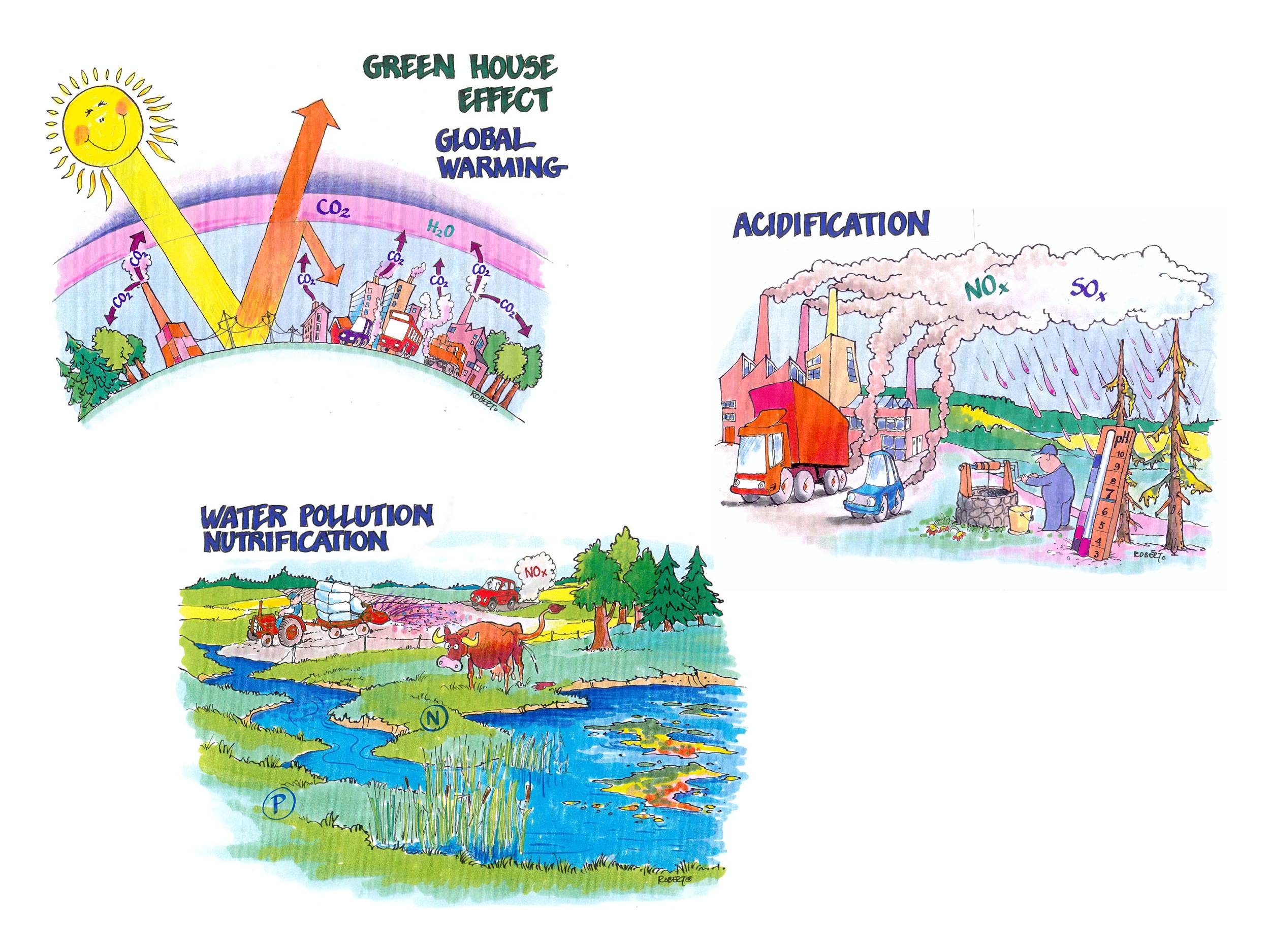It is a formal study process, used to predict the environmental consequences of proposed major developmental project. Such assessment may include those projects which can significantly alter the landscape and consequently disrupts and disturb the services and inhabitant of that place.
It also involves manufacturing, handling and use of hazardous materials and those projects which are to be settled nearby urban centers, near ecologically sensitive areas, hill resorts and nearby scientific and cultural heritage area:
Some of the projects are as follows:
ADVERTISEMENTS:
(1) Establishment of cement industry
(2) Petroleum industry
(3) Hazardous waste treatment plant
(4) Nuclear power plant
ADVERTISEMENTS:
(5) Distillaries
(6) Heavy water projects etc.
EIA concentrates on problems and conflict of natural resources continuously that could affect the surroundings. It analyses the project thoroughly so that the project may not be harmful to the people, their homeland and their nearly surrounding areas.
ADVERTISEMENTS:
The predicted future problems are looked after by it and maximum attentions are paid to minimize it. EIA tries to force the problems and tries to minimize it by making a pre-design.
To achieve the aim of EIA, the statements are sent and being communicated to all the groups of:
(1) The project developer and their investors
(2) The regulators, planners and politicians
Flow Chart of EIA
The project planners and engineer first of all used to read the conclusion of an EIA and then make decision about the project by taking in consideration the benefits of the project and avoiding the problems.
The project gets its credit and recognition which yields its benefit without causing serious problem to environment and is likely to be completed on time and within the budget decided to it.
The project developers, their management planners, politicians make decision about the purpose project. After realizing the conclusion by members of the assessing team and finding it beneficial to local people along with their main motive not to harm the existing ecology, they give permission to the owners after having undertakings.
So that the aim of sustainable development may be achieved. This project has to be designed to suit the local environment and should be completed on time to avoid any difficulties on the way.
It is an important face in the process of deciding about the final save of a proposed projects and it helps the official to take decision and achieve aim more successfully. Project that yields benefits without causing serious problems is more likely to bring credited and recognition to its proponents.
Essentials of EIA Procedure
(a) EIA should be applied-to all developing project as a primary structure.
(b) EIA should be undertaken-throughout the project with best applicable science & mitigation technology.
(c) EIA should address-cumulative and long term, large scale affects, design, location & technological alternatives.
(d) EIA result in-accurate and appropriate information.
(e) EIA should provide-eco-friendly sound decision & an appropriate follow up process.
In summary we can say that it
(1) Finds way to reduce unacceptable impacts and to shape the project so that it suits the local environment.
(2) Presents the prediction and options to decision makers.
(3) Predicts the likely environmental impacts of project.

